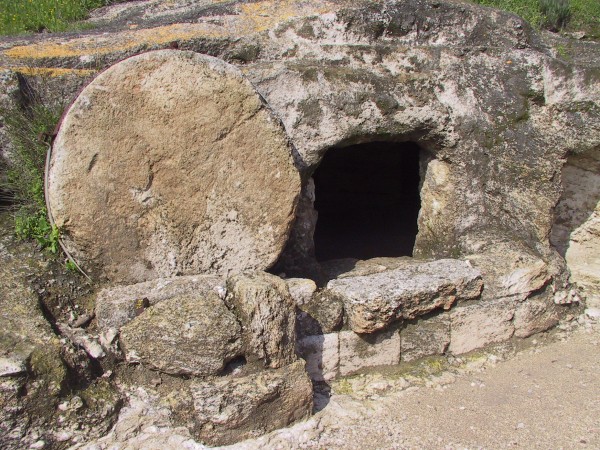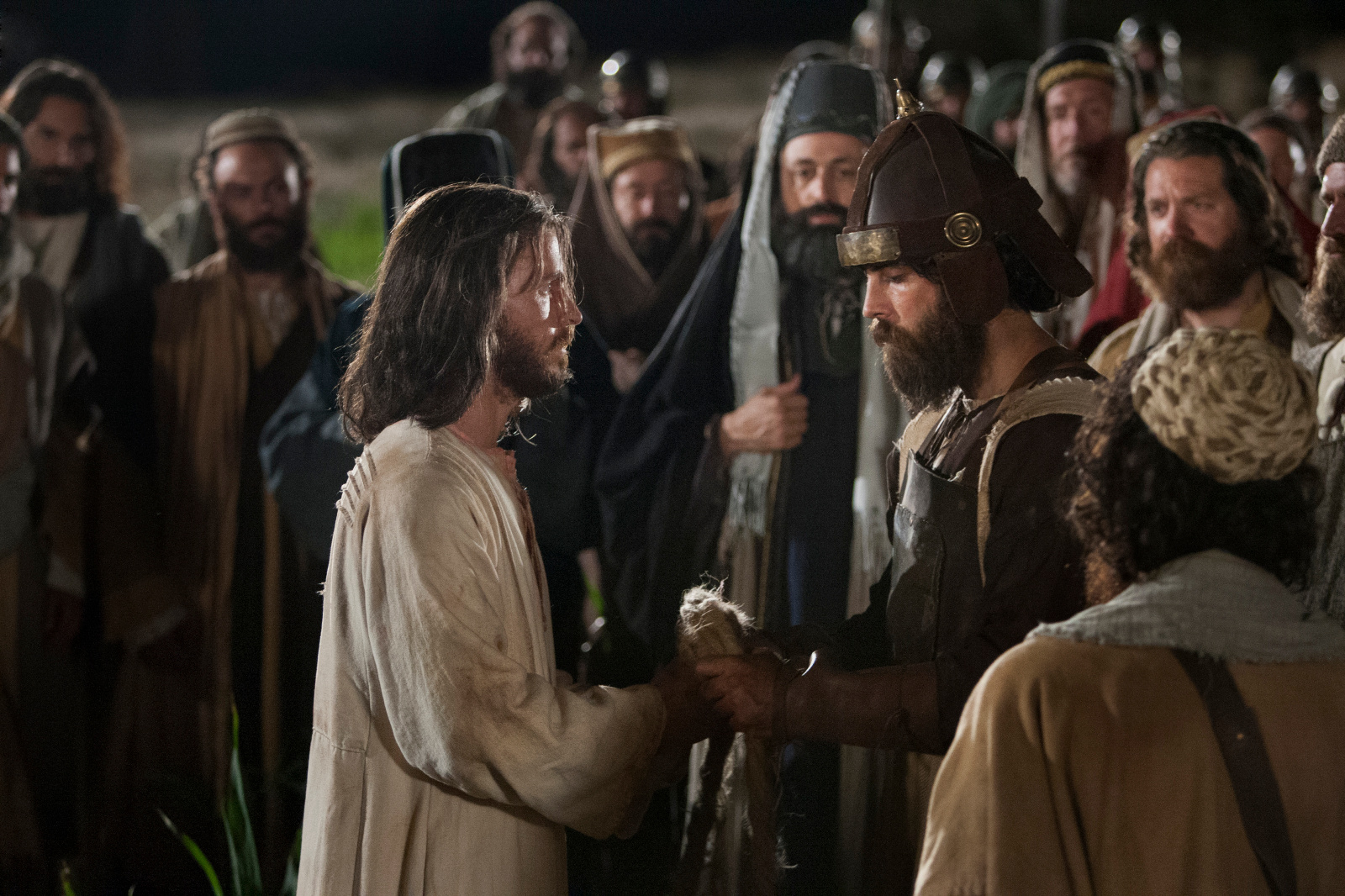 2016 dawns at midnight. Global celebrations. Times Square packed with partyers (and extra NYPD to guard against terrorists). Time, too, for resolutions.
2016 dawns at midnight. Global celebrations. Times Square packed with partyers (and extra NYPD to guard against terrorists). Time, too, for resolutions.
According to Wikipedia, resolution-making has religious origins. Babylonians promised their gods at the end of the year they would return borrowed objects and pay their debts.[2]Romans began each year making promises to the god Janus (after whom January is named.[3]). In Medieval times knights took the “peacock vow” at the end of the Christmas season each year to re-affirm their commitment to chivalry.[4
I wonder: Do “Christian” condemners of Christmas and Halloween celebrations abstain from New Year’s resolutions due to its pagan origins? Logic would argue they should, but I think all such abstention foolish. Such observances are what I make of them, not what some ancient folks did.
Even so, I usually don’t make them, because mostly I don’t keep them. Seems I’m not alone. According to “Statistics Brain Research Institute”, only 8% of Americans are successful. 49% have infrequent success. And 24% always fail.
That doesn’t mean resolutions are wrong or useless. It’s wise to aim at “doing better”—especially if our resolve is God-centered. Jonathan Edwards, the well-known 18th century Puritan, made 70, though not at New Year’s. Here’s one: “Resolved, never to do any manner of thing, whether in soul or body, less or more, but what tends to the glory of God; nor be, nor suffer it, if I can avoid it.” More of his resolutions may jog our thinking about appropriate ones. Find them at http://edwards.yale.edu/archive?path=aHR0cDovL2Vkd2FyZHMueWFsZS5lZHUvY2dpLWJpbi9u
ZXdwaGlsby9nZXRvYmplY3QucGw/Yy4xNTo3NDoxLndqZW8=.
Considering resolutions, the apostle James’ warning comes to mind . . .
Now listen, you who say,
“Today or tomorrow we will go to this or that city,
spend a year there, carry on business and make money.”
Why, you do not even know what will happen tomorrow.
What is your life? You are a mist that appears for a little while
and then vanishes.
Instead, you ought to say,
“If it is the Lord’s will, we will live and do this or that.”
(James 4:13-15).
As does this wise proverb . . .
In his heart a man plans his course,
but the LORD determines his steps.
(Proverbs 16:9)
As aging crept on, I set a target date: pastor until age 75. But illness interrupted and I had to retire at 71. In context, James is rebuking the proud. I don’t think I was egotistic when I set my goal. I just didn’t know what would happen even the next day. My life is an ephemeral mist. Only the Lord God is an omniscient solid rock. (Odd metaphor. Can solid rocks have wisdom? But you get the idea, right?)
So, in making resolutions it’s best we humbly remember if the Lord wills. He is sovereign.
Yahweh has fixed his throne in heaven,
his sovereign power rules over all.
(Psalm 103:19, NJB)
Of course, if the sovereign is a tyrant, sovereignty can be terrifying. But we who’ve accepted the psalmist’s invitation know the Lord is no tyrant . . .
Taste and see that the LORD is good;
blessed is the man who takes refuge in him.
(Psalm 34:8)
So, resolution-makers, make them. Let’s just remember we don’t even know what tomorrow holds and it is the good sovereign Lord who directs the steps of those who take refuge in him.
One more resolution-thought. This quote (from Lailah Gifty Akita, Pearls of Wisdom: Great mind) captures the popular idea that the year-change on the calendar “ deletes the old mistake-cluttered past and creates a new blank-page future. The truth is probably better captured in this quote: “Many people look forward to the New Year for a new start on old habits.” (Anonymous)
But old habits can go. A new blank-page future is possible. The apostle Paul profoundly proclaims it . . .
Therefore, if anyone is in Christ,
he is a new creation;
the old has gone, the new has come!
(2 Corinthians 5:17)
HAPPY NEW IN-CHRIST YEAR!


RESOLVED: TO WALK CLOSELY AFTER CHRIST DAILY









Recent Comments